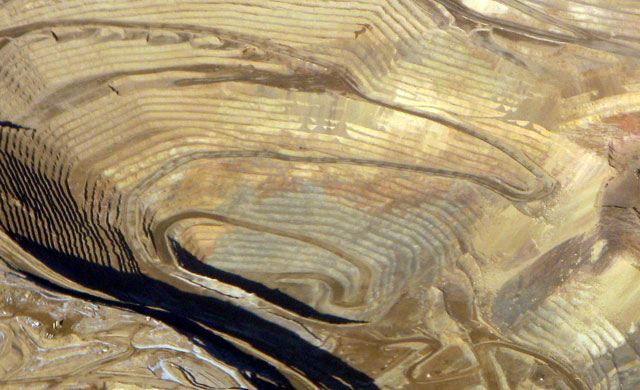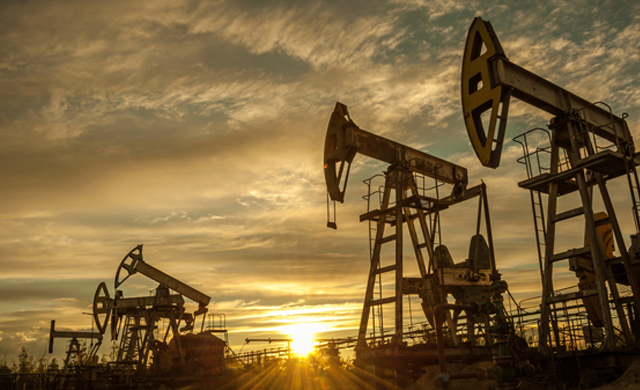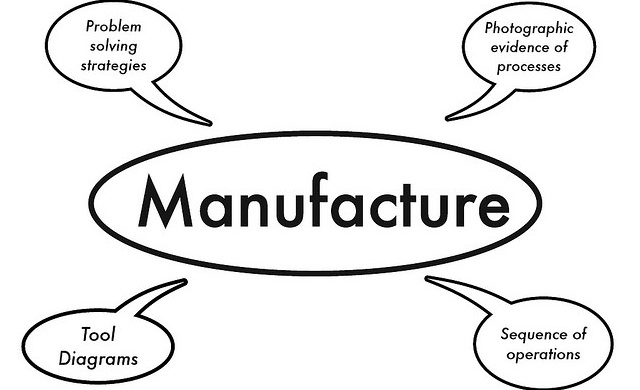AIM-listed Rare Earth Global Limited (LSE:REG) did not meet market expectations and will report a loss for the year ended 2012, the China-focused miner, refiner, and trader of rare earth elements forewarned today ahead of the preliminary results to be reported in May.

REG sustained more losses in the second half of 2012 after the company failed to receive its export quota from the Chinese government, which capped production of the rare earth elements to ostensibly curb illegal mining and lessen environmental impact.
China produces over 90% of all rare earth elements sold around the world with over a fourth of the world’s proven reserves of the 17 metals used in many industrial applications and materials, including aerospace components, semiconductors, and mobile phones.
Last year, China was lodged with a complaint at the WTO by the United States, the European Union, Canada, and Japan of manipulating the market by setting export quota.
China’s White Paper on the production of rare earth oxides had produced uncertainty in the market, according to REG, resulting in delays in the receipt of production quota for the company. REG revealed it did not have export quota for 2012.
Financial Troubles
Because of these delays, REG said, its operations were affected and ultimately led to the failure to obtain a US$50 million debt facility with Credit Suisse.
REG sought the said amount to fund expansion of its separation plant and mining services as well as its trading division after its flotation on the Alternative Investment Market in London last March 2012 failed to raise the same amount but only US$10 million.
In its half year report last September 2012, REG posted a loss of RMB 29 million (£3.1 million in current exchange rate) due to lower production compounded by low prices of the REO’s, which fell to as much as 60% compared to its price at the start of 2011.
Despite that, REG Board “believes that the long term outlook for the price of REOs (and more specifically Heavy Rare Earth Elements) is positive” owing to tighter restrictions in production.
A scared investor brought the shares down by 60 pence, or 17.65%, to 210 pence at 15:00 GMT.


 Hot Features
Hot Features












